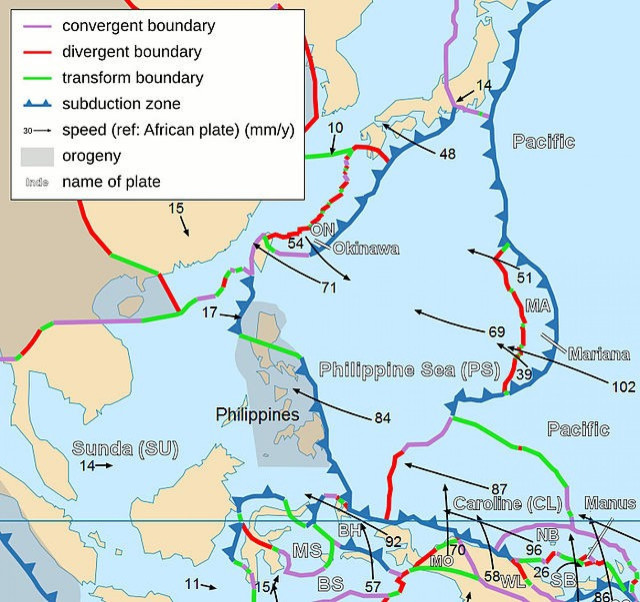Tokyo Earthquake Now More Likely After March 11 Disaster

A devastating earthquake in Tokyo is more likely than ever, researchers in Japan said Tuesday.
Scientists at the Tokyo Earthquake Research Institute discovered that the 9.0-magnitude earthquake that rocked Japan in March changed the contact between the tectonic plates under the capital city, drastically increasing the chance that a quake could hit Tokyo in the near future.
A change in the pressure of the plates means that focal points on the plate boundaries could shift at the same time. This would create a 7.3-magnitude earthquake, the institute guesses. While this is about 100 times less severe than the one that hit Japan in March, a Tokyo epicenter could do tremendous damage.
We estimate that 10,000 people would die and the economic loss would be around $1 trillion, Naoshi Hirata, a researcher and member of the government's Earthquake Research Committee, told The Daily Telegraph.
Even before March, we estimated that there was a 70 percent likelihood of a major earthquake affecting Tokyo at any time within the next 30 years, Hirata added.
That is a very high probability and effectively means that there will be a major disaster here, although we cannot at the moment make a more accurate prediction of when it might strike, he said.
All we can say is that individuals, companies, schools and the national and local governments should be prepared.
Hirata told the British daily that Tokyo has already seen the effects of the changes in plate tectonics. Earthquakes in the city are not uncommon, and Tokyo generally has two minor quakes a month. However, since March, that number has jumped to an average of six per month. This rise is true for most of Japan, which has experienced a total of about 500 earthquakes since the Fukushima disaster that killed 14,000 people.
© Copyright IBTimes 2024. All rights reserved.





















